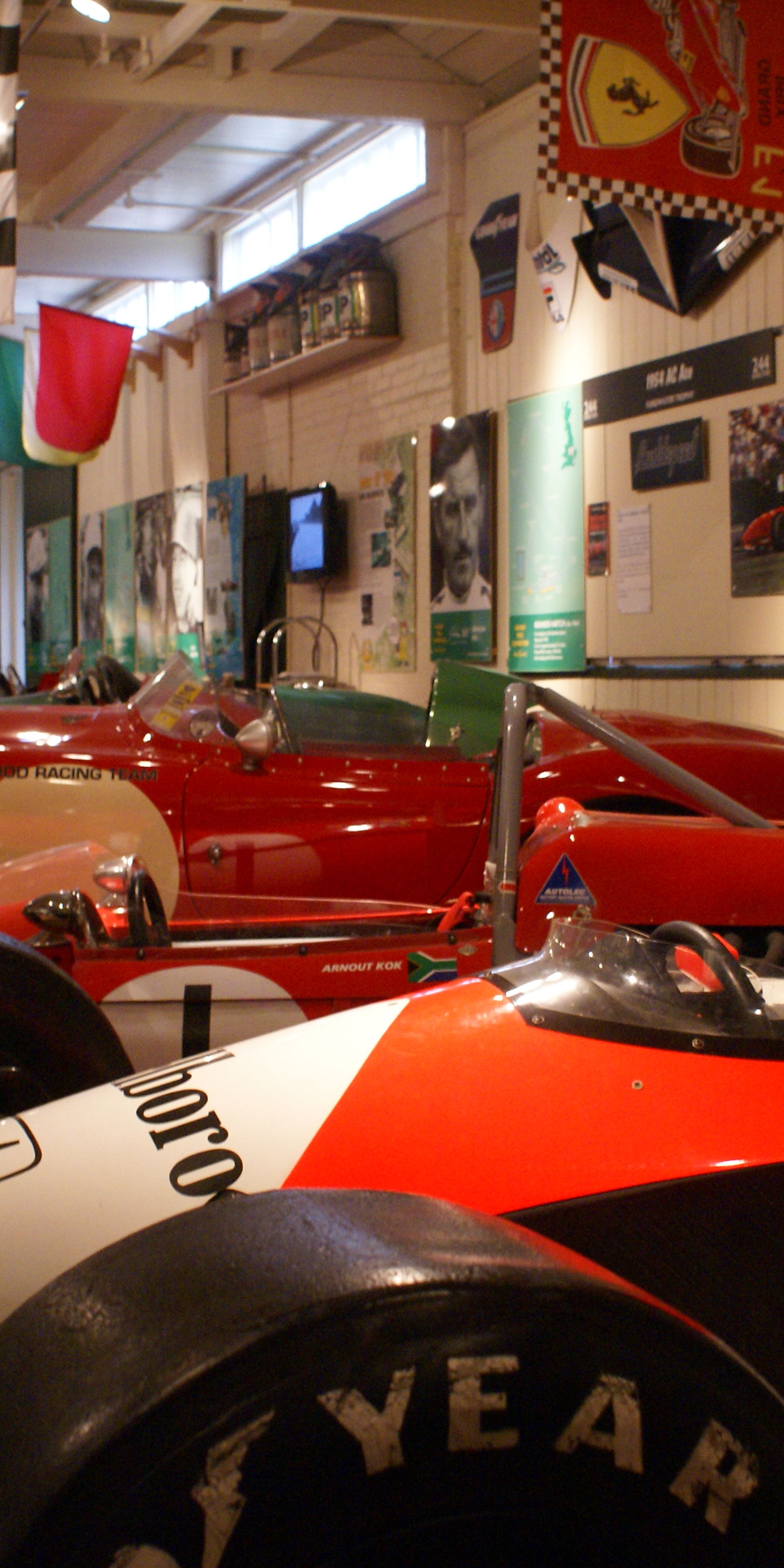Brooklands Stories: Roberta Cowell
Roberta Cowell was a Brooklands racing driver and the first legally recognised trans woman in the UK.
Born in 1918, Roberta showed a great interest in mechanics from a young age and went on to study engineering at University College London. She married fellow student Diana Carpenter and had two daughters. Her career in motorsport started with sneaking into the Paddock at Brooklands dressed as a mechanic. By 1939 she had become a prolific racing driver, competing at Brooklands, in the Antwerp Grand Prix and winning the Lands’ End Trial at the age of 18.
Cowell then joined the RAF during the war as a fighter pilot. In 1944, her plane was shot down over Germany where she was captured and spent 5 months interred in Stalag Luft I. She returned to competitive racing after the war and established Cowell, Whittet & Co, Lightwater, to tune and develop cars, but suffered from an increasing restlessness and unhappiness. Roberta described her feelings at this time as “what I knew deep down inside me though not consciously: my nature was essentially feminine and in some way my world was out of joint”.
In 1948 Cowell left her wife and two daughters and began taking oestrogen, it was during this time that she met physician Michael Dillon, the first transgender man to undergo phalloplasty surgery. He supported her wishes to change her gender and performed surgery which allowed her to record herself as intersex and officially change her birth certificate sex to female.
She became Roberta Elizabeth Marshall Cowell and a year later would undergo groundbreaking surgery to become the first legally recognised trans woman in Britain.
Her story broke in March 1954 and was published in the magazine Picture Post along with her autobiography. Roberta was supported by her family and her father was quoted in the magazine saying “Betty is our own child, which is what matters to us”. She returned to motorsport, winning the Shelsey Hill climb in 1957. Cowell continued to be involved in the sport into the 70s, but financial difficulties limited her ability to compete. Roberta’s final interview was in 1972, after which she retired from public life.
Her story came back into the spotlight when her obituary was published two years after her death in 2011, allowing us to remember this trailblazing woman.
Please note we refer to Roberta as she/her throughout this article when discussing her life pre and post transition. We do not use her birth name and refer to her as with her chosen name of Roberta.
